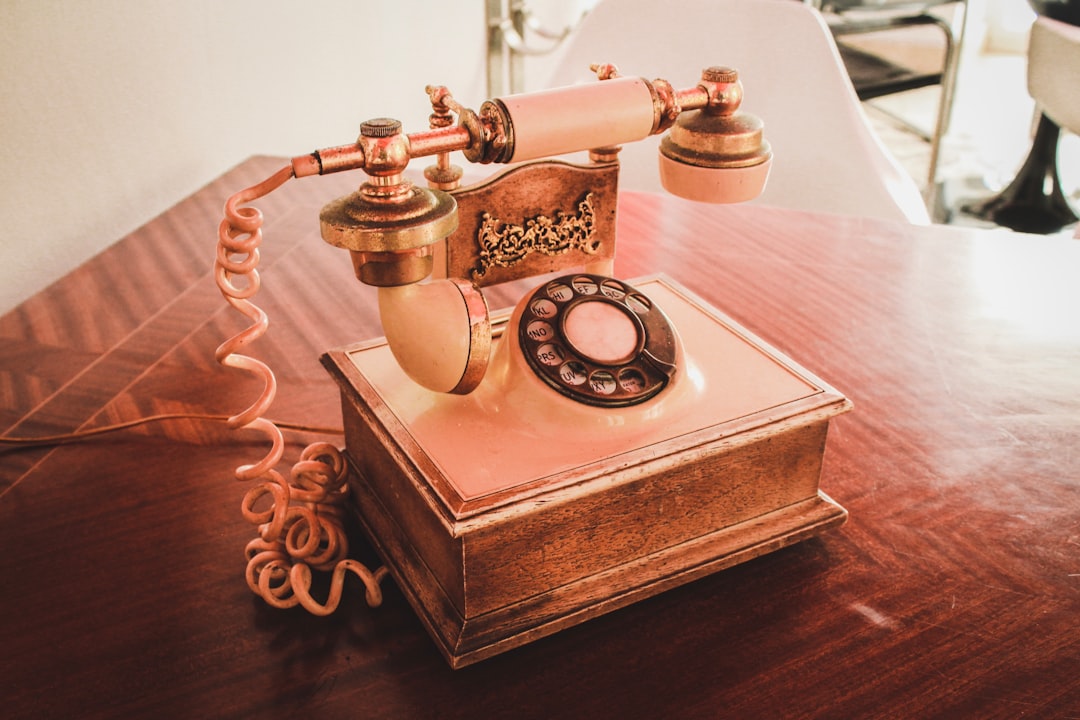Federal preemption of state laws, particularly in Massachusetts, regarding autodialing (robocalls) is a significant shift. The Telephone Consumer Protection Act (TCPA) governs consent and penalties for unwanted telemarketing calls. This change impacts businesses needing to adapt practices and systems to comply with federal regulations while individuals may face new privacy concerns. Both businesses and residents should consult specialized autodialer lawyers Massachusetts/attorneys/law firms to navigate these evolving legal landscapes, ensuring compliance and protecting rights under state and federal laws.
“The clash between federal preemption and state autodialer laws presents a complex legal landscape for businesses and individuals in Massachusetts. With the rise of automated phone systems, understanding the potential impact of federal legislation on existing state regulations is crucial. This article explores just that, delving into the intricacies of federal preemption, its effects on current autodialer laws in Massachusetts, and what lies ahead for businesses and consumers alike. For those seeking guidance from an expert, this read offers valuable insights from top-tier autodialer lawyers and attorneys based in Massachusetts.”
Understanding Federal Preemption and Its Impact on State Laws

In the complex landscape of US legislation, federal preemption holds significant power, potentially overruling state laws that conflict with federal regulations. When it comes to autodialer laws, this concept is particularly relevant for states like Massachusetts, where strict regulations on automated phone calls have been in place. An autodialer lawyer Massachusetts or attorney specializing in autodialer law can provide crucial insights into how federal preemption might impact these state-level measures.
Federal preemption occurs when a federal law takes precedence over state laws, rendering the latter null and void to the extent of the conflict. In the context of autodialers, federal regulations related to telecommunications and consumer protection could potentially preempt state-specific autodialer rules. This means that businesses operating across states must adhere to uniform federal standards, ensuring consistency in their automated phone call practices. For Massachusetts residents seeking legal counsel, connecting with an autodialer law firm or attorneys with expertise in this field becomes vital to navigating these evolving legal dynamics and understanding their rights and obligations under both state and federal laws.
The Current Landscape of Autodialer Legislation in Massachusetts

In Massachusetts, the current landscape of autodialer legislation is a complex web of state laws and regulations aimed at curbing unwanted telemarketing calls. The state has recognized the need to protect consumers from aggressive marketing practices, leading to stringent rules governing the use of automated dialing systems. An autodialer lawyer Massachusetts firms often advise clients on navigating these complexities, ensuring compliance with state laws like the Telephone Consumer Protection Act (TCPA). These laws require explicit consent for robocall campaigns and mandate penalties for violators, making it crucial for businesses to partner with experienced autodialer attorneys Massachusetts to stay within legal boundaries.
Massachussetts residents have seen various lawsuits targeting companies using autodialers without proper authorization, underscoring the state’s commitment to consumer privacy. As a result, many business owners are turning to autodialer law firms Massachusetts for guidance on crafting effective marketing strategies while adhering to the law. With the ever-evolving legal landscape, staying informed about changes in regulations and consulting with expert autodialer lawyers Massachusetts is essential for businesses aiming to avoid costly legal repercussions and maintain consumer trust.
Potential Implications for Businesses and Individuals Post-Preemption

The potential federal preemption of state autodialer laws could significantly reshape the regulatory landscape for businesses and individuals in Massachusetts. If preemption occurs, many companies that previously relied on autodialing for marketing or customer service purposes may face new challenges. They will need to adapt their practices to comply with federal regulations, which might involve changes in their automated calling systems and procedures to ensure they are in line with updated legal standards. This shift could lead to increased costs for businesses as they seek to bring their operations into conformity with federal requirements.
For individuals, the change may result in less frequent unwanted autodialed calls, as strict regulations could limit the use of such practices by telemarketers or debt collectors. However, it’s also possible that more sophisticated and targeted autodialing techniques might emerge, potentially raising new privacy concerns for consumers. Individuals will need to stay informed about their rights under federal law to ensure their privacy is protected, especially when it comes to automated communication from businesses or legal entities. With the help of an autodialer lawyer Massachusetts, businesses can navigate these changes and individuals can understand their rights in this evolving regulatory environment.





